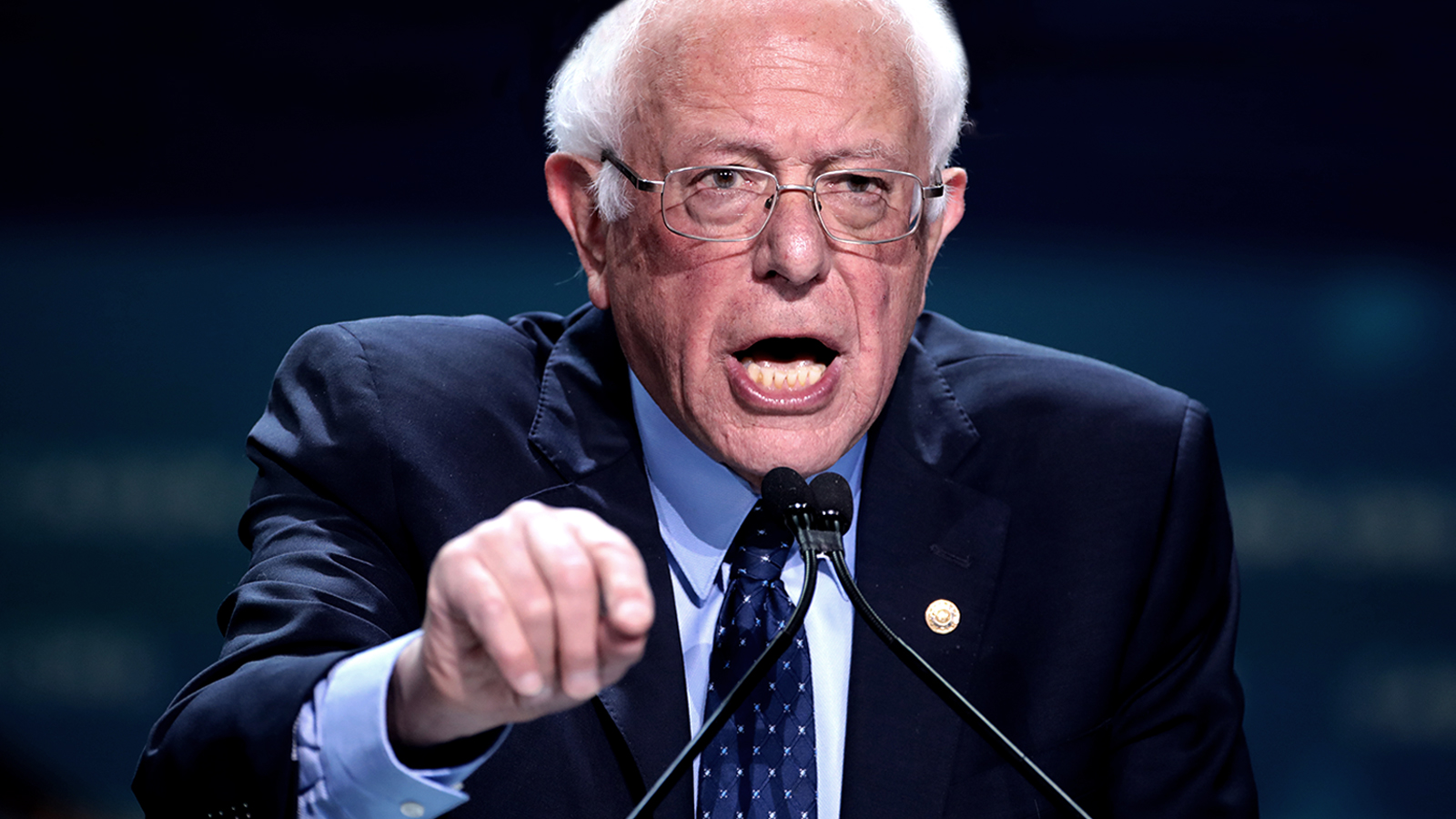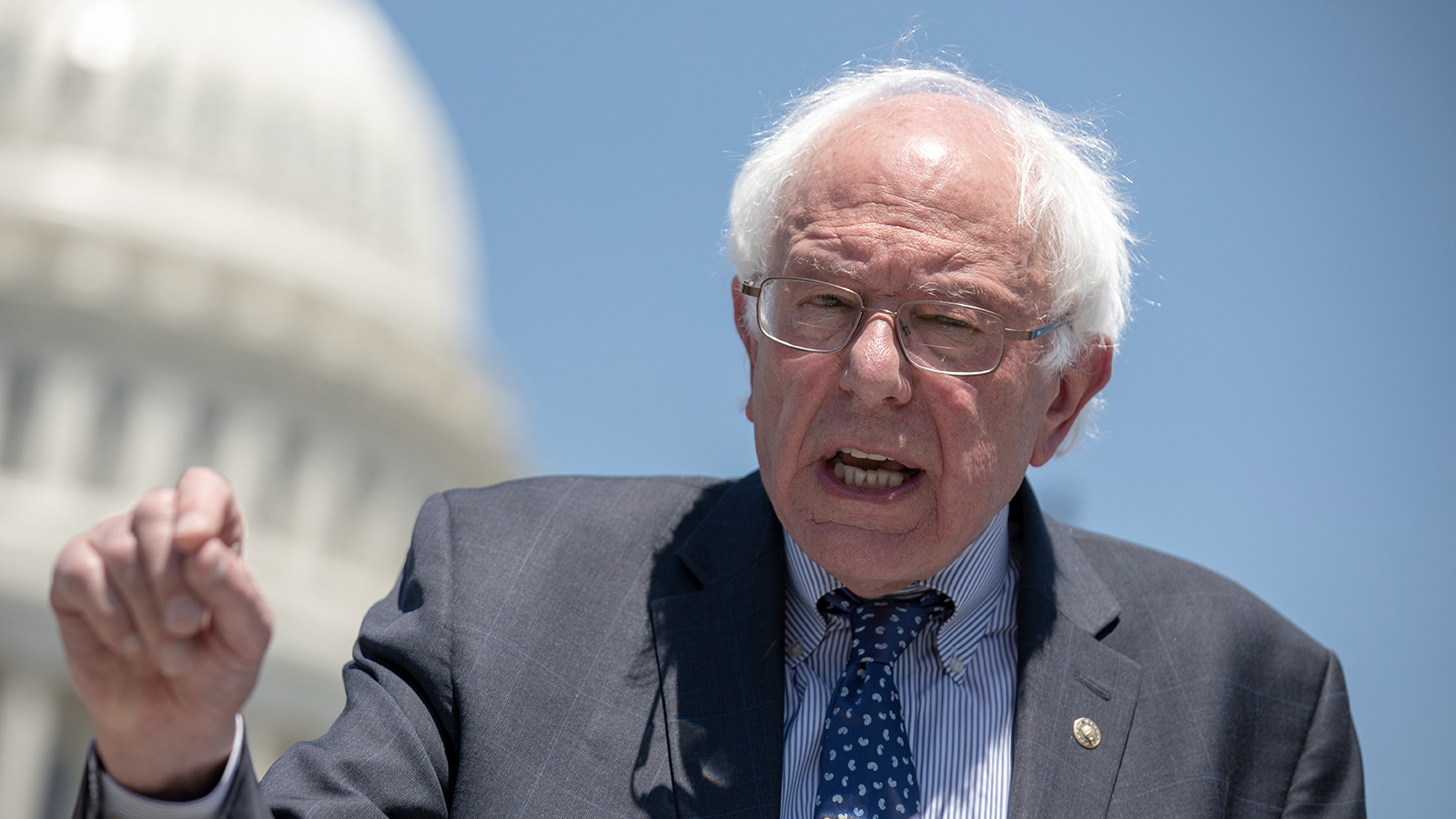Senator Bernie Sanders has consistently been a vocal critic of the war in Yemen, calling it a “humanitarian and strategic disaster.” He has argued that the United States should not be providing military support to Saudi Arabia in its campaign in Yemen, and has called for an end to U.S. involvement in the conflict.
In 2019, Bernie introduced a resolution to withdraw U.S. support for the war in Yemen under the War Powers Act. The resolution stated that Congress had not authorized military intervention in Yemen and called for an end to U.S. involvement in the conflict. It also called for the cessation of in-flight refueling of Saudi and United Arab Emirates (UAE) aircraft, which was seen as a key element of US support for the Saudi-led campaign in Yemen. The resolution also called to end American support of the Saudi-led military intervention in Yemen; specifically to direct the removal of the U.S. Armed Forces from hostilities in the Republic of Yemen that Congress had not authorized. Sanders also called for greater humanitarian aid to be provided to the people of Yemen, who have been caught in the midst of a devastating civil war and facing widespread famine and disease.
The resolution passed in the Senate with a vote of 56-41, but was later vetoed by President Trump. Sanders and other proponents of the resolution argued that the war in Yemen was a humanitarian disaster and that the United States should not be supporting it. They also pointed to the high civilian death toll in the conflict and the risk of further destabilization in the region.
Despite the veto, the resolution was seen as a significant milestone in the efforts to end US involvement in the war in Yemen. It galvanized widespread support from lawmakers, activists, and members of the public who opposed the conflict, and helped to bring greater attention to the issue. Sanders and other proponents of the resolution have continued to push for an end to US involvement in the war and for greater humanitarian aid to be provided to the people of Yemen.
“Today, I withdrew my War Powers Resolution from consideration by the U.S. Senate after the Biden administration agreed to continue working with my office on ending the war in Yemen. Let me be clear. If we do not reach an agreement, I will, along with my colleagues, bring this resolution back for a vote in the near future and do everything possible to end this horrific conflict.”[1]
A war powers resolution is “privileged” in the Senate, which means that the sponsor of it can bring it to the floor for a vote without the need for approval by the chamber’s leadership once a certain amount of time has elapsed. The resolution sponsored by Sanders has now ripened.[2]
Sanders reintroduced the War Powers Resolution in the Senate in the summer of 2022.
“This war has created the world’s worst humanitarian crisis today, and it is past time to end U.S. complicity in those horrors,” Sanders said in a statement.[2]
The war powers resolution introduced by Sanders in the Senate and a bipartisan coalition of House lawmakers would end U.S. intelligence sharing, logistical support, and American direct military personnel support for Saudi-led forces.[2]
 Back to Timeline
Back to Timeline

